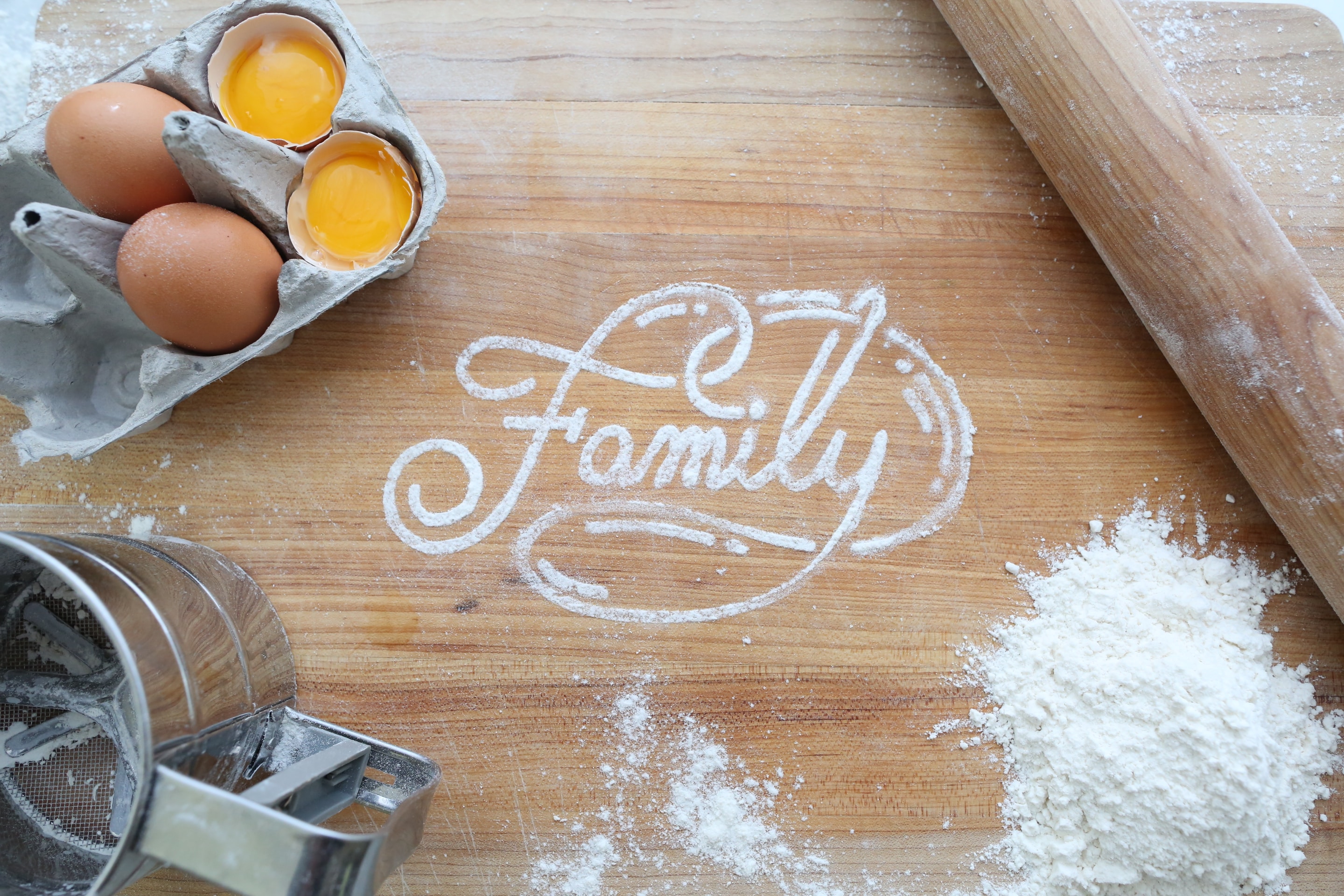A Child’s Family Relationship and Emotional Well-Being through Self-Regulated Learning in South Korea
DOI:
https://doi.org/10.29173/cjfy29340Abstract
This paper focuses on the relationship between a child’s family relationship, emotional well-being, and self-regulated learning in Korea. The sample of this study consisted of 527 elementary school students who were selected from three different schools in South Korea. The data were collected using the family relationship scale, the self-regulated learning scale, and the emotional well-being scale. The results showed that the structural equation modeling analysis was a good model fit to indices. Family relationship such as cohesion or conflict had a direct and indirect effect on a student’s emotional well-being. Also, family cohesion and family conflict indirectly influenced a child’s emotional well-being through self-regulated learning. It was also evident that there were significant grade differences in the students' emotional well-being where 5th graders had higher positive emotions than 6th graders and 6th graders had higher family conflict than 5th graders. To sum up the findings, there was clear evidence that a positive family relationship predicted a student’s emotional well-being directly and anticipated a child’s emotional well-being indirectly through self-regulated learning.Downloads
Published
Issue
Section
License
If your submission is published by the Canadian Journal of Family and Youth, the author will agree not to publish it elsewhere without first obtaining consent from the Editors of the Canadian Journal of Family and Youth. Once consent is obtained, it is expected that authors will include an acknowledgement of prior publication in the Canadian Journal of Family and Youth.



